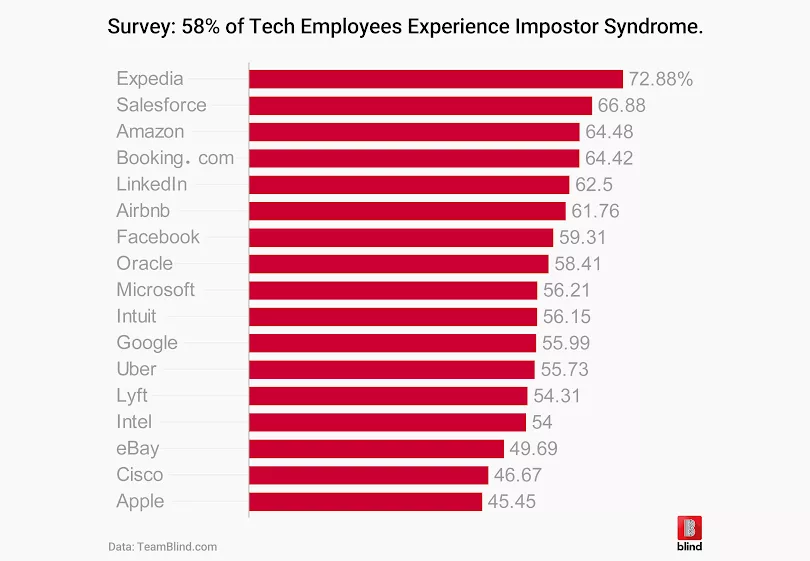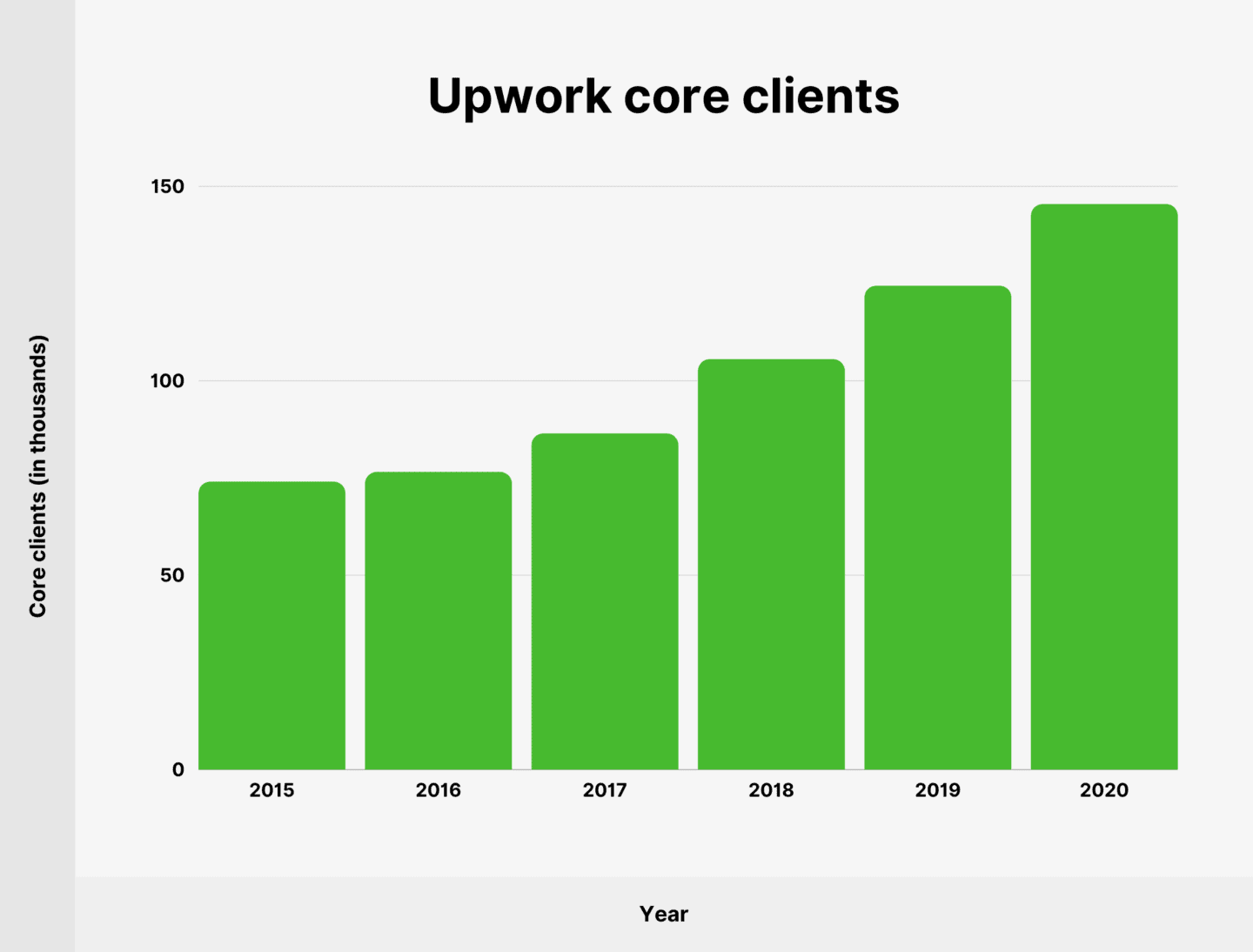Why you should avoid being on every freelance marketplace
![[object Object]](http://images.ctfassets.net/ly25iagmtxce/7ppHQhxGC2pGelRx8M5nYL/0bfc9699b144796d230b762588009193/photo-02.jpg)
Photo by davide ragusa on Unsplash
In this day and age, online marketplaces dominate the freelance industry and claim an extraordinary growth cap. As of 2020, Upwork alone has a gross services volume of $2.5 billion dollars and caters for more than 10,000 skills. For the most part, sellers and service providers join marketplaces in an attempt to build their own brand, gain a reputation and increase their exposure to potential clients and/or customers. However, marketplaces tend to convey a facade of grandeur and convenience to sellers which is rather false. While marketplaces do increase product and/or service exposure, it reduces your opportunity to establish your own solitary brand as the marketplace claims credit sooner than the individual seller. Despite the debatable pros of joining an online marketplace, today we will be discussing three primary reasons as to why you should avoid them – with regard to individuality, saturation and marketplace algorithm!
Individuality and confidence
Within our society, each task and goal lie inside the range of the individualist-collectivist spectrum. If a seller or freelancer is towards the individualist end of the continuum, they employ the habit of being self-reliant and may favour self-control. If they are closer to the collectivist end, they may tend to rely on others for their success and value external control. The main problem with popular marketplaces, such as Upwork and Fiverr, is that the marketplace is relying on the marketplace algorithm and optimization to gain exposure to potential clients or buyers. Due to this collectivist environment, marketplace may lose their sense of independence and individuality as a business-person – as they are completely replaceable.
Competition also plays a role in this, as too much competition can increase one’s need to ‘prove’ that they are better. Selling on a marketplace can make it virtually impossible to establish your own name and brand, as the marketplace takes credit for the efficiency or quality of a product. This is usually by word of mouth – if a buyer recommends a product, they tend to advise the next potential buyer to purchase it via ‘Amazon’ rather than the individual seller’s name. Regarding individuality and the concept of replaceability, this is damaging to both the seller’s product exposure and the seller’s confidence and/or purpose.

According to psychologist Alfred Adler, these overwhelming feelings of inadequacy can lead to a ‘superiority complex’ as a defence mechanism, which may result in arrogant or hostile behaviours . In the long run, this could damage your relationship with clients or buyers, and affect your reputation as a seller negatively. Feeling replaceable also creates negative affectivity in a person and makes them feel as though they lack purpose, which can decrease their confidence or generate a sense of Impostor Syndrome. In fact, a study in 2018 found that 58% of people working in marketplace technology related jobs (such as with Amazon and eBay) experience feelings of inadequacy and Impostor Syndrome.

Marketplace saturation
As of March 2021, Upwork has 12 million registered freelancers. Taking Upwork as an example, the platform also has 145.4 thousand core clients, meaning that the ratio of freelancers to clients is rather unequal. It is self-explanatory as to why marketplace saturation is a problem for sellers, especially on a global freelance platform such as Upwork. The vast amount of competition is one reason alone as to why we recommend avoiding marketplaces, as it can prove next to impossible to even find buyers.
Unless your product or service is filling a huge gap in the market and is outrageously original, it is rather innate for your brand to get lost in the sea of millions of similar identities. In terms of the buyer’s mindset also, it can be rather overwhelming to shop on a marketplace that has ‘too many’ similar products – sometimes this may result in them becoming frustrated with the marketplace and not purchasing anything at all. They may also end up settling for a marketplace’s ‘own brand’ service or product rather than an individual freelancer – usually due to these products being cheaper or promoted more by the marketplace algorithm.
Marketplace algorithm and success cap
Due to a marketplace’s main integral value being to provide potential consumers with as much choice as possible, they don’t want one seller or group of sellers becoming ‘too’ successful too rapidly. If a seller’s brand originates via a marketplace and the seller decides to move their shop to a different platform or their own website, loyal customers may stop using the marketplace and begin to purchase via the seller’s new location. This means that the original marketplace may lose that customer and potential profit.
In order to prevent this, marketplaces tend to use a calculative algorithm which can detect when a seller is becoming quote on quote ‘too’ popular, which triggers the promotion of competitors’ products instead to balance the market. This is not only damaging to the seller financially and logistically, but also psychologically. If your brand or product is increasing in popularity steadily and then suddenly takes a hit or sales reduction without warning, it may result in burnout, stress, or frustration for the seller.

To conclude, we suggest avoiding freelance marketplaces due to lack of individualism, loss of confidence, intense saturation and competition, and turbulent success cap. If you would prefer to offer your services or products through a favourable online office, check out Workee to discover more!


